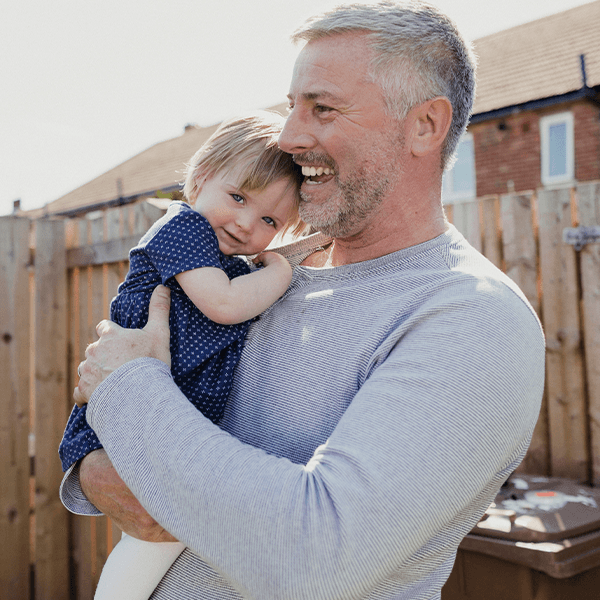Age and fertility: what men should know about their chance of a healthy baby

0 min
On this page
Keywords
Did you find this page helpful?
Information provided on this website is not a substitute for medical advice

0 min
Did you find this page helpful?
Information provided on this website is not a substitute for medical advice


Healthy Male acknowledges the traditional owners of the land. We pay our respects to elders past, present and future. We are committed to providing respectful, inclusive services and work environments where all individuals feel accepted, safe, affirmed and celebrated. Aboriginal and Torres Strait Islander people should be aware that this website may contain images, voices and names of deceased persons.
Disclaimer
Healthy Male is funded by the Australian Government Department of Health, Disability and Ageing. This website does not host any form of advertisement. Information provided on this website is not a substitute for medical advice.
Site by Morrow Studio